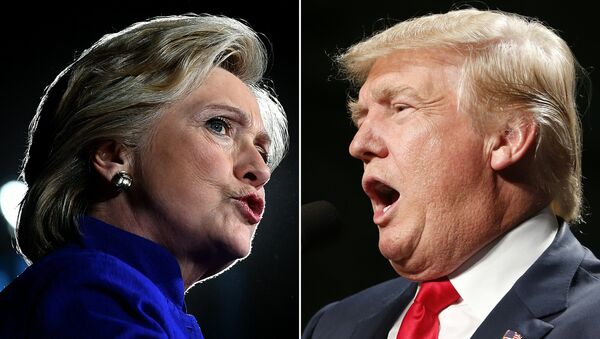According to him, ties between Washington and Moscow depend on many factors and the change of the US political leadership doesn't play a major role in this regard.
"US-Russian relations, of course, are shaped by personalities, but the main course is more dependent on a number of objective factors which do not alter with the change of leaders in the White House," Garbuzov said.
In Garbuzov's opinion, the radical change of course in Moscow-Washington relations is unlikely to take place no matter who will win the upcoming election.
"One shouldn't expect that a new person in the White House — even if it would be Donald Trump, who seems to talk a lot about a change in relations with Russia — will let the ship of Russian-American relations take a U-turn, and that we would suddenly turn into partners instead if tough opponents in the geopolitical game," the expert stated.
Although the analyst hasn't ruled out the possibility that the future administration in the United States will sooner or later understand the need for dialogue with Russia, so far, he argued, relations between the two countries have been developing in a confrontational manner.
"I do not exclude the possibility that in the next four years there will be a more intense dialogue on a wide range of issues. But I also do not rule out that [the countries will follow] the same line. After the Ukrainian crisis, Russian-American relations have been developing in a very hard, confrontational way," Garbuzov said.
Many experts believe that if Clinton becomes president, the United States will again intervene in domestic affairs of foreign countries and pursue a tougher course toward Russia.
"If Clinton wins, the pressure will increase. Trump might try to engage in negotiations," the expert said.



